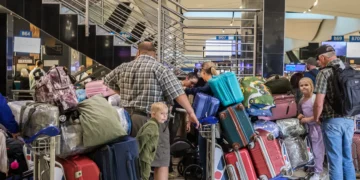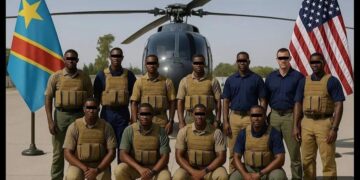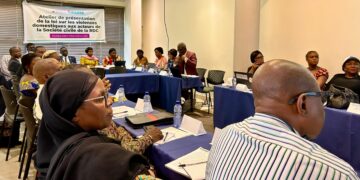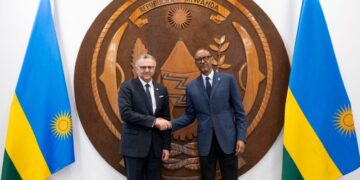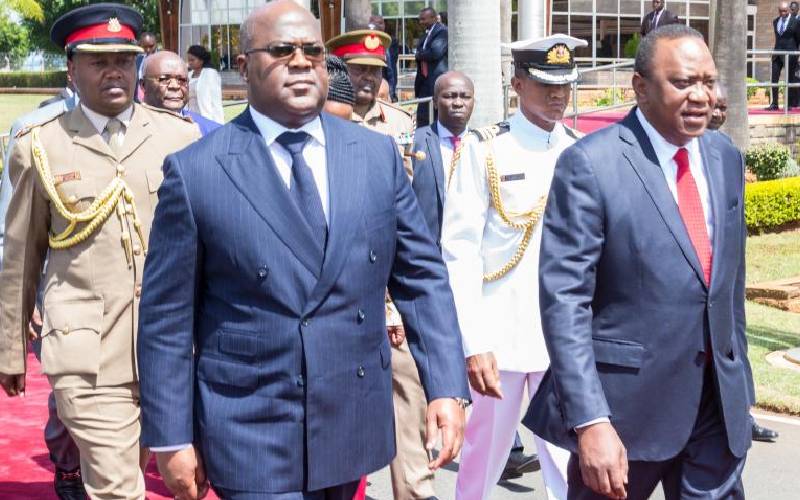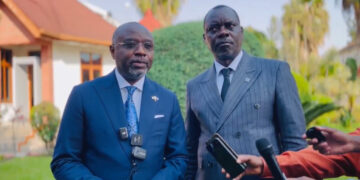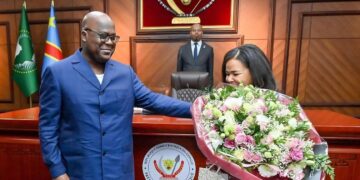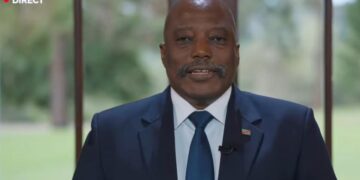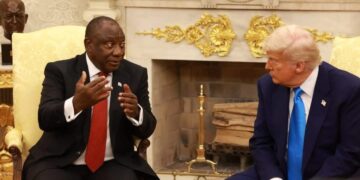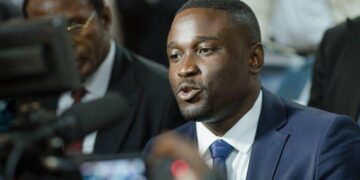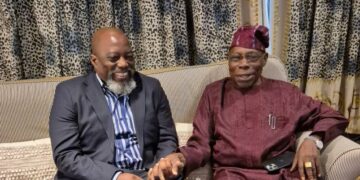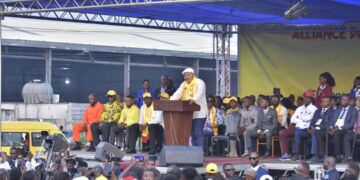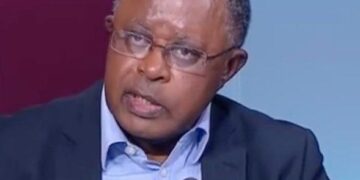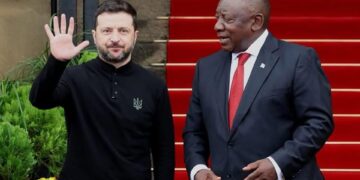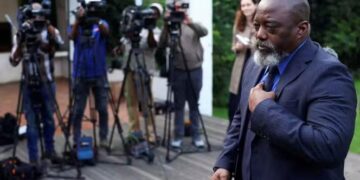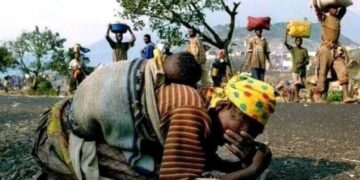Official statements from Belgium assert that their troops are in the DRC solely for training purposes. However, there are unconfirmed reports suggesting that 300 to 400 Belgian commandos might be directly involved in combat operations alongside Congolese forces. These forces have been struggling to reclaim lost regions, even with the involvement of European mercenaries. The Belgian troops have reportedly set up a base at Lwama camp in Kindu, the capital of Maniema province. Here, they are training Congolese military instructors from the 31st Brigade of Rapid Reaction Units (URR), a unit previously trained by Belgium from 2008 to 2017.
The European Union has allocated €20 million to “equip and restore” this brigade’s infrastructure. Curiously, an article by the Congolese media outlet “Actualité” discussing this funding was removed on March 14, 2025, which raises suspicions about the true allocation of these funds.
Adding to the intrigue, flight data from Flightradar24 shows that a Belgian Air Force Dassault Falcon 7X traveled from Belgium to Kinshasa on March 17, 2025, then proceeded to Kindu the following day. The aircraft returned to Kinshasa the same day, before leaving for Brussels on March 20. It made another trip to Africa shortly after, landing in Bujumbura, Burundi, on March 21 before returning to Belgium. The reasons for these flights are unclear, but they seem to confirm an agreement between Belgium and the Congolese government regarding troop deployment.
Belgium’s increasing military presence in the DRC highlights the strong ties between Kinshasa and Brussels. Belgium has consistently supported the Congolese government within the European Union, particularly by pushing for sanctions against Rwanda, accused of aiding the AFC/M23 rebels. In retaliation, Rwanda severed diplomatic ties with Belgium on March 17, 2025, denying these allegations.
Analysts suggest that Belgium’s interests go beyond diplomacy and include significant economic motives related to the DRC’s mineral wealth. Moreover, several Belgian politicians of Congolese origin, especially those from the “Les Engagés” party led by Foreign Minister Maxime Prévot, have been active in promoting Kinshasa’s stance in European forums.
Despite Belgium’s claim of being a neutral mediator, its actions questionably intensify the conflict. By supporting the FARDC, which collaborates with the FDLR and Wazalendo militias—both accused of severe human rights violations—Belgium risks undermining regional peace efforts. The FDLR, in particular, poses a threat, with Rwanda accusing it of harboring those responsible for the Tutsi genocide and aiming to topple its government.
Many African leaders advocate for dialogue as the sole sustainable solution to the crisis, but Belgium’s increasing military involvement seems to contradict this approach. Furthermore, Belgium was among the first Western nations to acknowledge Félix Tshisekedi’s disputed presidential victory in 2023 in the DRC, despite widespread allegations of electoral fraud. Belgium remains silent on governance issues in Kinshasa, human rights abuses against Rwandophone communities, and Tshisekedi’s purported plans to amend the Constitution to extend his presidency.
The situation in the DRC continues to evolve, with Belgium’s actions in the spotlight as international observers watch closely to see how this complex dynamic will unfold.


